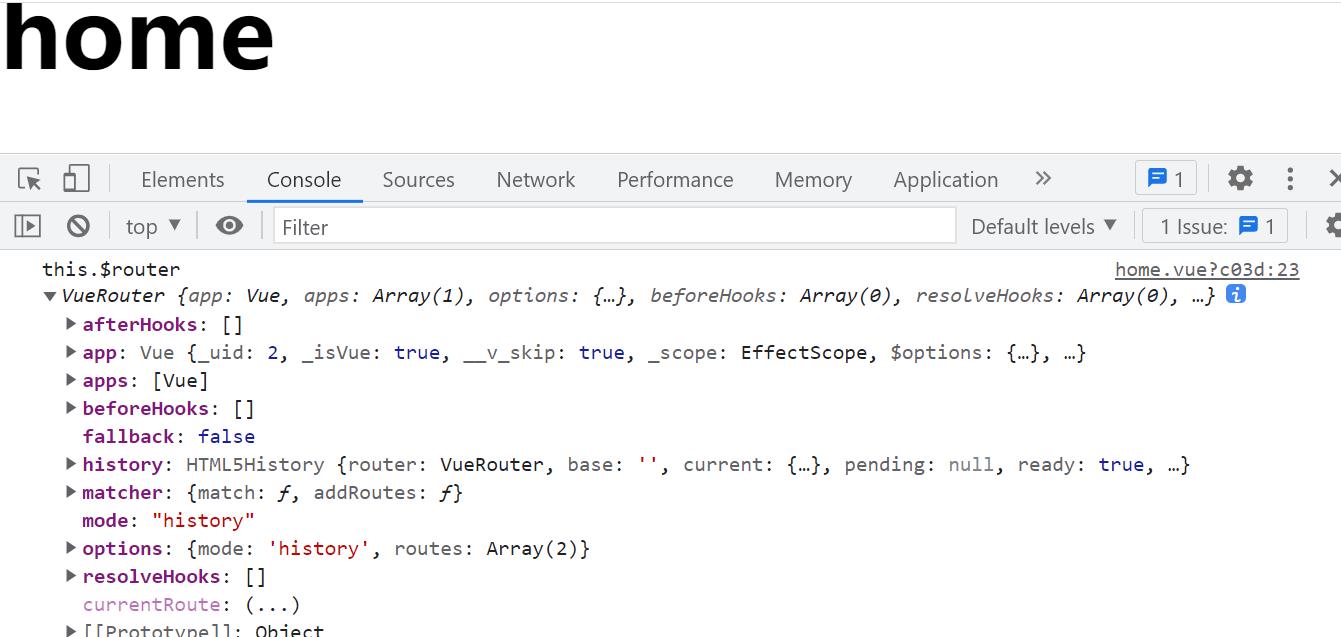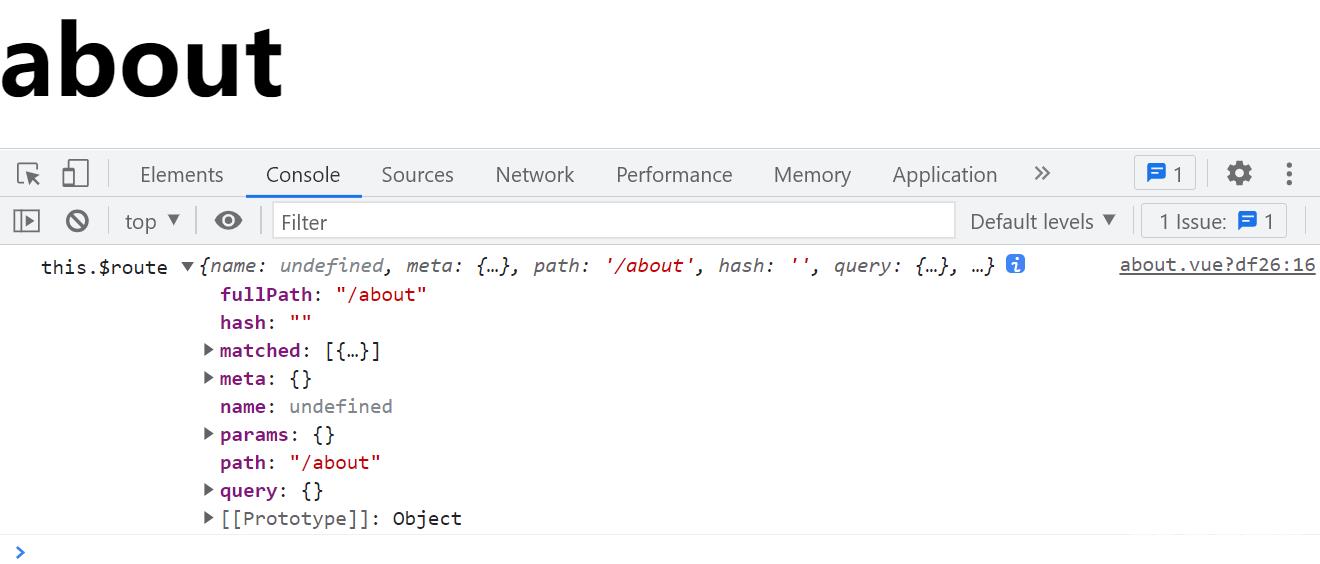目录 前言 路由跳转分为编程式和声明式 前言 点击视频讲解更加详细 this.$route: 当前激活的路由的信息对象。每个对象都是局部的,可以获取当前路由的 path,name, params, query 等属性。
目录
- 前言
- 路由跳转分为编程式和声明式
前言
点击视频讲解更加详细
- this.$route:当前激活的路由的信息对象。每个对象都是局部的,可以获取当前路由的 path, name, params, query 等属性。
- this.$router:全局的 router 实例。通过 vue 根实例中注入 router 实例,然后再注入到每个子组件,从而让整个应用都有路由功能。其中包含了很多属性和对象(比如 history 对象),任何页面也都可以调用其 push(), replace(), go() 等方法。
路由跳转分为编程式和声明式
声明式:
简单来说,就是使用 router-link 组件来导航,通过传入 to 属性指定链接(router-link 默认会被渲染成一个a标签)。
编程式:
采用这种方式就需要导入 VueRouter 并调用了。
src\router\index.js
import Vue from 'vue';
import VueRouter from 'vue-router';
Vue.use(VueRouter)
// 1. 定义一些路由
// 每个路由都需要映射到一个组件。
const routes = [
{ path: '/home', component: ()=> import('../views//home.vue') },
{ path: '/about', component: ()=> import('../views/about.vue') },
]
const router = new VueRouter({
// mode: 'hash', //默认是hash模式,url是带#号的
mode: 'history', //history模式url不带#号
routes
})
export default router
src\views\home.vue
<template>
<div id="app">
<h1>home</h1>
<button @click="handerHerf">跳转</button>
</div>
</template>
<script>
export default {
name: 'App',
data(){
return {
}
},
mounted() {
},
components:{
},
methods:{
handerHerf(){
console.log('this.$router',this.$router)
this.$router.push('/about')
}
}
}
</script>
<style scoped>
</style>
src\views\about.vue
<template>
<div>
<h1>about</h1>
</div>
</template>
<script>
export default {
name: 'about',
data(){
return {
}
},
created(){
console.log('this.$route',this.$route)
},
mounted() {
},
computed:{
},
methods:{
}
}
</script>
<style scoped>
</style>
this.$router参数详情

this.$route参数详情

到此这篇关于Vue中$router与 $route的区别详解的文章就介绍到这了,更多相关Vue $router 与 $route内容请搜索易盾网络以前的文章或继续浏览下面的相关文章希望大家以后多多支持易盾网络!
